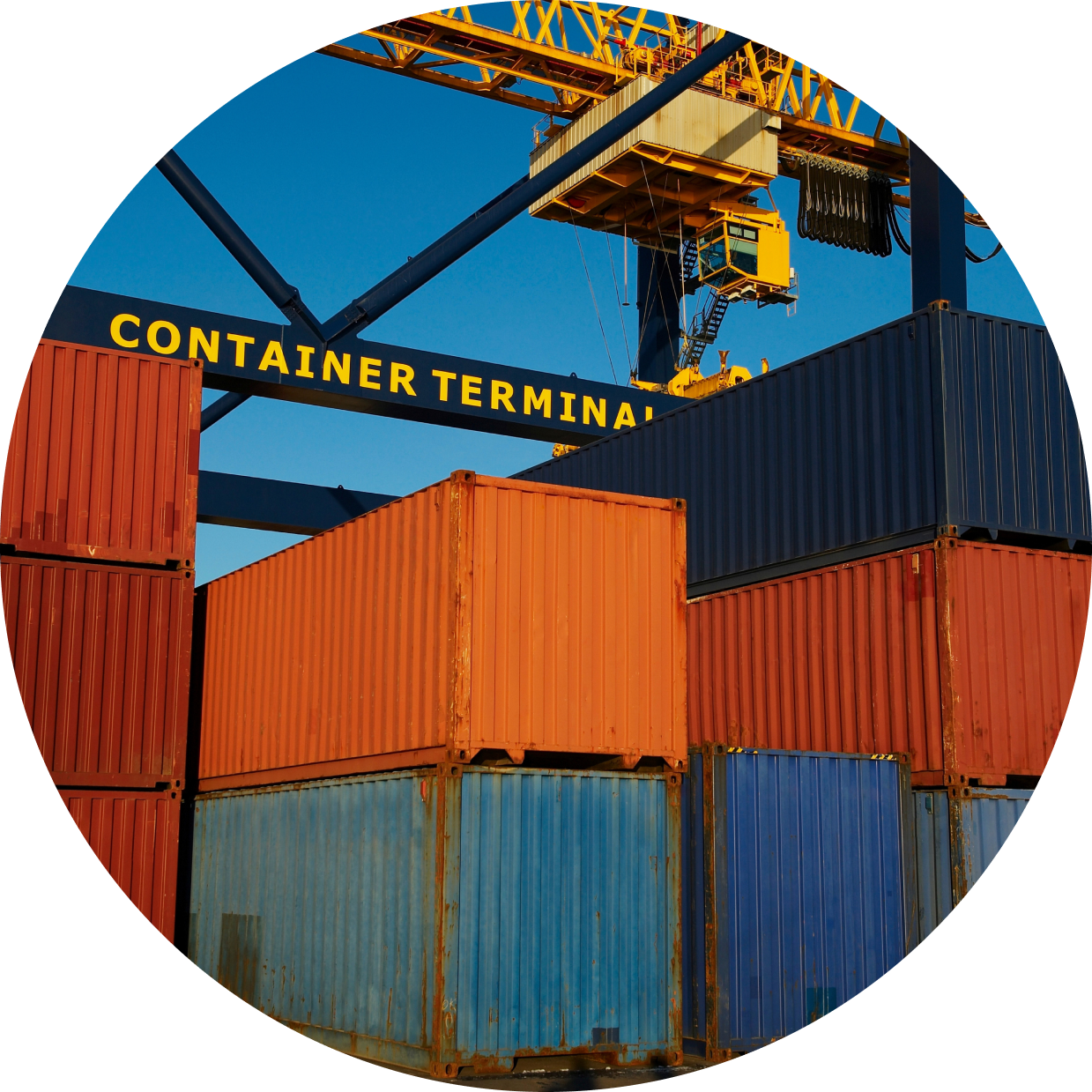MFF Case Study


Challenge:
A large food manufacturer’s transportation strategy relies heavily on an outsourced dedicated fleet with high fixed costs, to guarantee capacity and underutilized round-trip pricing when compared to alternative methods. Over time, this resulted in unsustainable long-term costs and inefficient use of the fleet.
Action:
The SCS Team was given the opportunity to manage their freight operations, improve their experience, and cut down on potential inefficiencies.
Their efforts included:
a. Implementing formal business processes to both improve service and minimize potential errors.
b. Develop a strategic method of moving on from the high-cost, underutilized dedicated fleet while addressing a transition plan.
c. Overseeing the transition of consistent volume being redistributed to a core group of reefer truckload carriers with contracted on way pricing and primary capacity requirements in lanes of choice.
Result:
With the new system changes in place, service and efficiency improvements were seen across the board and business costs had dropped even lower than with the prior system.
Benefits:
Enhanced service reliability and operational improvements boosted customer satisfaction and solidified the company’s market position.
Reduced operational costs by $1 million dollars.
Lesson Learned:
Flexibility and strategic carrier partnerships are crucial in logistics. Moving away from an inefficient dedicated fleet to a diversified carrier base ensured resilience and scalability, highlighting the importance of adaptability and strategic planning for long-term success.
Need Expert Logistics Advice?
Let’s optimize your supply chain for growth. Reach out to our experts today.
- contact@scsolutionsinc.com 616.554.8900 ext. 101
- Shipment Tracking tms@scsolutionsinc.com